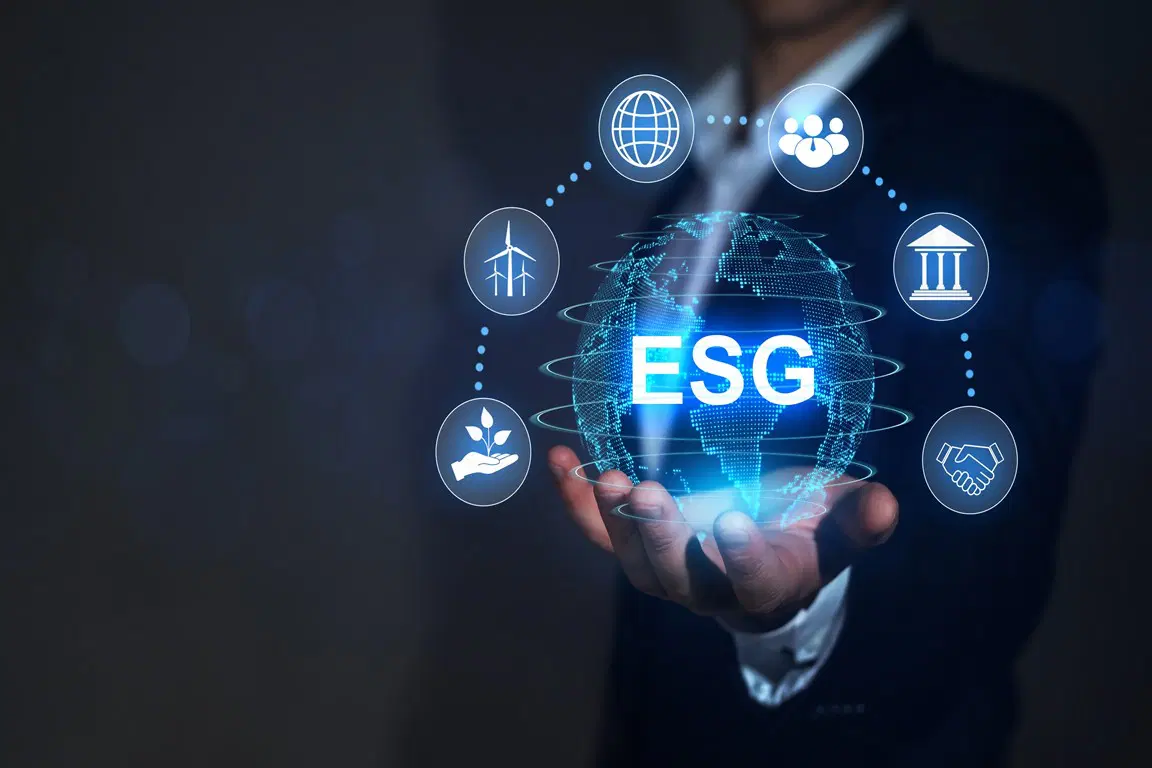
In recent years, Environmental, Social, and Governance (ESG) investing has gained significant momentum, transforming the investment landscape. Investors are increasingly recognizing the importance of considering sustainability and ethical factors alongside financial returns. In this article, we will explore the rise of ESG investing, its key components, and the reasons behind its growing popularity.
Understanding ESG Investing: ESG investing integrates environmental, social, and governance factors into the investment decision-making process. It goes beyond traditional financial analysis to assess a company's impact on the environment, its treatment of employees, its relationships with stakeholders, and the quality of its governance practices. By incorporating ESG criteria, investors aim to align their investments with their values and contribute to positive social and environmental outcomes.
Factors Driving the Rise of ESG Investing:
- Growing Investor Demand: A significant driver behind the rise of ESG investing is the increasing demand from investors. Individuals, institutions, and even pension funds are seeking investment opportunities that align with their values and address environmental and social concerns. They want to invest in companies that prioritize sustainability, social responsibility, and ethical practices.
- Long-Term Risk Mitigation: ESG factors are considered indicators of a company's long-term sustainability and resilience. By assessing environmental risks, social impact, and governance practices, investors can better understand potential risks and opportunities associated with their investments. Companies with robust ESG performance are often better positioned to weather risks and regulatory changes, enhancing long-term investment returns.
- Financial Outperformance: Numerous studies have indicated a positive correlation between ESG factors and financial performance. Companies that effectively manage ESG risks and opportunities tend to exhibit stronger operational efficiency, innovation, and customer loyalty. Consequently, they have the potential to deliver competitive returns and attract a broader investor base.
- Regulatory Initiatives: Governments and regulatory bodies are increasingly mandating or encouraging ESG disclosure and compliance. This has created a greater emphasis on transparency and accountability among companies. Investors are keen to support companies that align with evolving regulatory frameworks and demonstrate responsible business practices.
The Components of ESG Investing:
- Environmental (E): The environmental component of ESG focuses on a company's impact on the environment. It evaluates factors such as carbon emissions, energy efficiency, waste management, water usage, and biodiversity conservation. Investors consider companies that embrace sustainable practices and demonstrate commitment to mitigating climate change and reducing their ecological footprint.
- Social (S): The social component examines a company's impact on its employees, customers, communities, and society at large. It includes considerations such as labor practices, diversity and inclusion, community engagement, human rights, product safety, and data privacy. Investors seek companies that foster positive social impacts and uphold ethical standards throughout their operations.
- Governance (G): The governance component evaluates the structure, practices, and integrity of a company's leadership and management. It assesses factors such as board diversity, executive compensation, shareholder rights, anti-corruption policies, and risk management. Investors look for companies with strong governance frameworks, transparency, and accountability.
ESG investing represents a paradigm shift in the investment landscape, driven by increased investor demand, risk mitigation, financial outperformance, and regulatory initiatives. By incorporating ESG factors into investment decisions, investors can align their portfolios with their values and contribute to positive societal and environmental outcomes. As the focus on sustainability continues to grow, understanding the components and benefits of ESG investing becomes crucial for investors seeking to make a positive impact while generating competitive returns.
Related Posts
Tree Removal in Beaverton: Why Professional Services Matter
Tree removal can be a complex and hazardous task, especially in residential and ...
Read More
The Evolution and Importance of Worship Chairs in Modern Religious Settings
Worship chairs, often overlooked, play a crucial role in the design and function...
Read More
Investing in Sustainable Energy: Harnessing Profit and Purpose
In recent years, sustainable energy has emerged as a powerful investment opportu...
Read More
Understanding Market Volatility: Tips for Staying Steady During Turbulent Times
Market volatility is an inherent characteristic of financial markets. Periods of...
Read More




